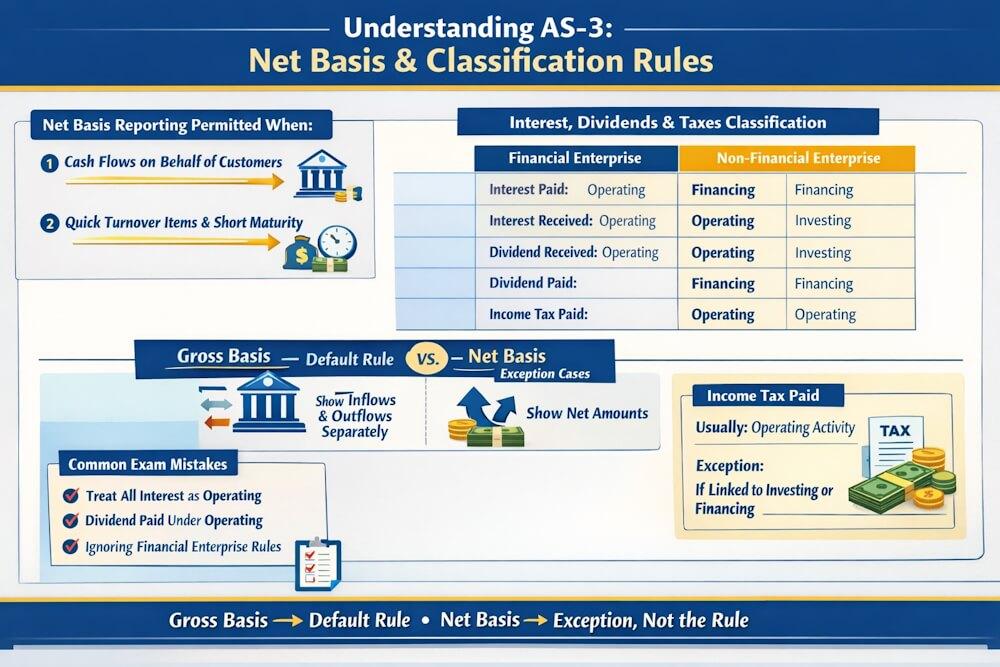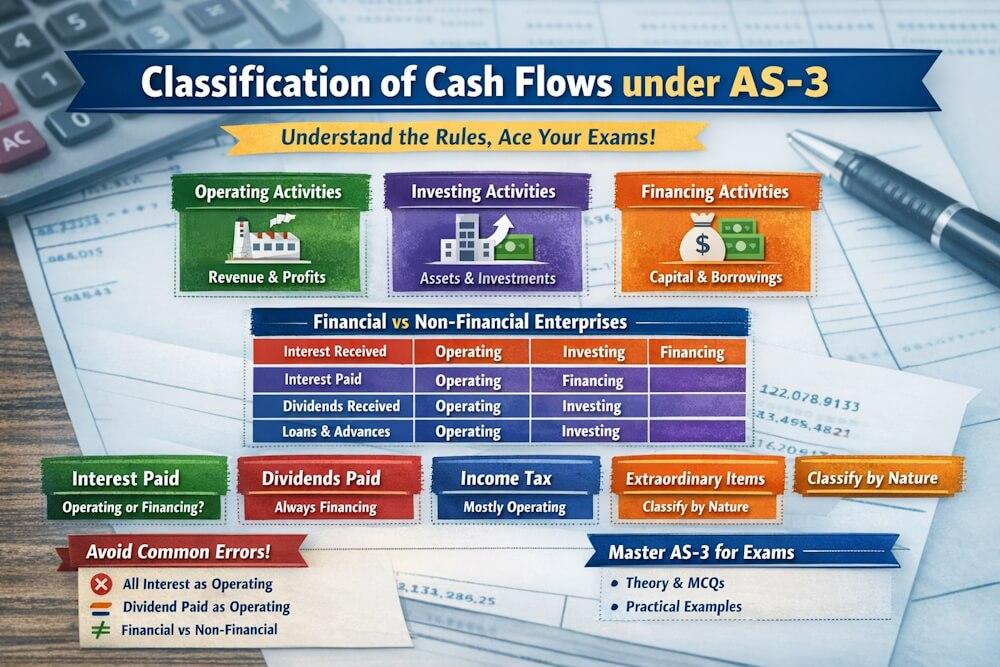Strategic management is usually treated like something every business must follow. And yes, in most cases, it helps a lot—direction, long-term growth, competitive edge. But in reality, there are times when it doesn’t work well, or honestly, doesn’t even feel necessary.
The thing about strategic planning is that it’s not a simple or one-time process. It’s complicated, with a lot of moving parts—internal structure, outside environment, long-term goals—all linked together. If one shifts, the others shift too. And then the company has to adjust again and again, which slows things down and puts pressure on leadership.
So, when exactly does strategic management lose its usefulness?
Situations Where It Doesn’t Work Well
- When quick action is needed In emergencies or sudden problems, there’s no time for full-scale planning. Decisions have to be immediate, and strategy takes a backseat.
- When the environment is too unpredictable If the market or outside world is unstable, long-term planning can feel like guessing. By the time the plan is ready, the situation may already have changed.
- When no one follows up Plans on paper don’t mean much if nobody checks whether they’re being carried out. Without review or follow-up, strategic management loses its purpose.
- When the people involved aren’t skilled enough Even the best strategy collapses if the people working on it don’t have the training or competence to handle it.
A Quick Recap
At its core, strategic management usually means:
- Scanning the environment for risks and opportunities.
- Choosing the right course of action (strategy formulation).
- Putting it into action (implementation).
- Checking if it works and adjusting if it doesn’t (evaluation and control).
- Making sure everyone’s actions stay aligned with the overall goals.
- Staying adaptable when things change.
All of this is valuable, but not every situation allows for it. Sometimes it’s just too slow, too rigid, or doesn’t match the conditions the business is facing.
Final Note
So, while strategic management is powerful, it’s not a magic formula that works everywhere. In certain situations—fast decisions, high uncertainty, lack of follow-up, or weak leadership—it won’t help much.
If you want to look at the other side of the coin, where strategic management does shine, I’ve shared some thoughts here: How and When to Apply Strategic Management Effectively.





